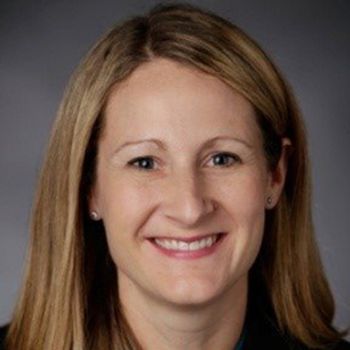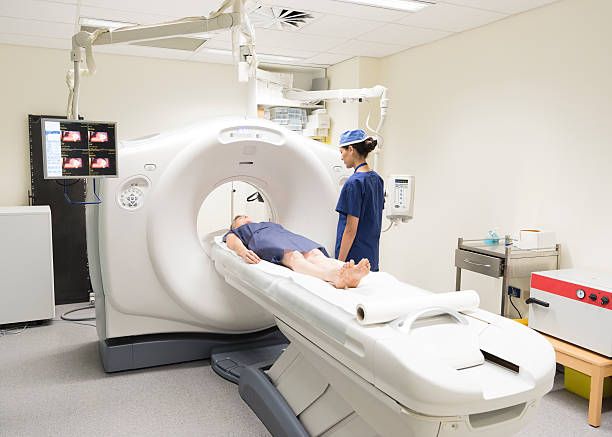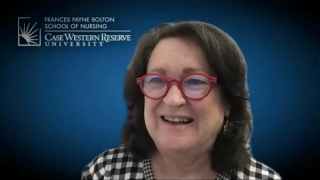
Oncology
Latest News
Latest Videos

CME Content
More News

On World Lung Cancer Day, we explore current guidelines for lung cancer screening in the United States, implications of the COVID-19 pandemic, and disparities in mortality and access to care by race and socioeconomic status.

Long-term survival trends among adolescents and young adults (AYAs) with the cancer types with the highest mortality highlight areas where additional research is needed.

Speakers at the Advanced Topics for Oncology Pharmacy Professionals Summit discussed financial toxicity in health care, how it particularly impacts patients with cancer, and how to address the issue with patients and the health system.

Due to unprecedented disruption and missed screenings during the pandemic, efforts to implement a 5-year performance period under the Radiation Oncology Model were extended twice.

The characteristics of the tumor and the presence of surgical fatigue can help determine patients’ candidacy for skin cancer surgery, explained Todd Schlesinger, MD, FAAD, director, Dermatology and Laser Center of Charleston and Clinical Research Center of the Carolinas.

The new standards come as community oncology practices await word on the future of the oncology care model, which will expire in 2022.

New data underscore how obesity, racial disparities and recent treatment advancements have impacted cancer mortality and incidence rates.

Originally set to expire on June 30, 2021, the Oncology Care Model was extended for an additional year in light of the COVID-19 pandemic.

Appendices to: Observations Regarding the Average Sales Price Reimbursement Methodology



Both sets of data were unveiled at the 2021 American Society of Clinical Oncology (ASCO) Annual Meeting, which was held earlier this month in a virtual format.

Three recent conferences yielded new data on which treatment therapies are providing substantial benefits to patients and which ones are demonstrating more lackluster results.

New FDA guidance includes updates for assessing patient-reported outcomes in cancer trials.

An initiative launched with the intent to deliver equitable cancer care improved the enrollment rates of Black participants in cancer clinical trials by focusing on community outreach and engagement.

A study out of Israel shows Pfizer’s COVID-19 vaccine is highly effective in patients with cancer; women with alcohol disorders face adverse health consequences sooner; hundreds of thousands of doses of Johnson & Johnson’s COVID-19 vaccine may expire in June.

Camille Hertzka, vice president and head of oncology, US Medical, AstraZeneca, speaks on how the OlympiA findings may warrant greater need of genetic testing for BRCA mutation and the efficacy of olaparib by patient subgroup.

This is the first study to estimate the hospital lengths of stay and costs of male breast cancer at the US population level.

Equality in cancer care is not sufficient, said Lori Pierce, MD, FASTRO, FASCO, a radiation oncologist from the University of Michigan and president of the American Society of Clinical Oncology (ASCO). Equity—which means that patients have similar outcomes, regardless of circumstance—is harder to achieve.

During the first day of the 2021 Annual Meeting of the American Society of Clinical Oncology, a discussion on disparities in women's cancer care highlighted challenges in the United States and overseas.

Patients who undergo cancer screenings, even when asymptomatic, experience short-lived psychosocial outcomes, such as anxious symptoms, distress, and worry.

Christine Ko, MD, professor of dermatology and pathology at Yale University, reflects on her use of telehealth and how it allowed her to establish and maintain emotional connections with her patients, all at high risk of skin cancer.

Some recent oncology news includes research into factors impacting the well-being of childhood cancer survivors; whether COVID-19 accommodations will last post-pandemic; and a possible new therapy for patients with polycythemia vera.

A literature review sheds light on cancer risk factors and suboptimal screening levels that persist in the United States among certain racial, ethnic, and socioeconomic groups, despite a steady decline in cancer deaths and smoking prevalence.

Because Medicaid has always been a shared program between federal and state governments, there has been wide variation in income limits. Today, 38 states and the District of Columbia have Medicaid expansion.


















